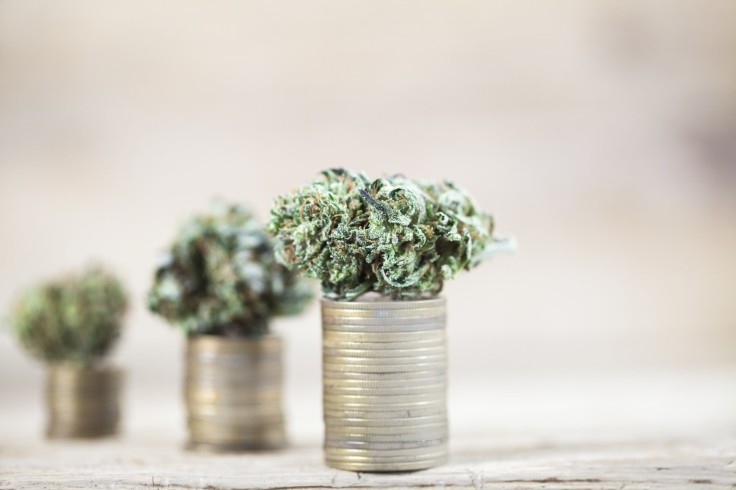
Every month it seems like a new state is considering legalizing marijuana, whether medically or recreationally. There has been a large push to nationally legalize marijuana in the last couple of years because of its countless benefits. The problem is the recent legalization of recreational use has pushed people away from getting medical marijuana cards, effectively raising the prices of medical marijuana.
There are 10 states that have access to both medical and recreational marijuana for adults. Since the legalization of recreational marijuana, the medical marijuana industry has suffered slightly, making it harder for those who actually require it for healing. Four of these states- Oregon, Nevada, Colorado, and Alaska- have seen slight declines in medical marijuana patients. The majority of "patients" who obtained a medical marijuana card opted out to pay for recreational marijuana like everyone else, the problem is, that left the medical marijuana industry struggling to breathe. Ironically enough, Colorado continues to update their medical cannabis regulations, and still have around 80,000 medical patients, which is rather impressive well into legalization.
The state to be hit the worst has actually been Oregon, who has seen medical-only retail shops drop from 400 to two since the legalization of recreational marijuana. Not only does this leave many crucial operations struggling, but it also causes the prices of their products to increase so the company can survive. The second-largest hit has been Alaska, who has seen a drop of 63 percent of medical marijuana cardholders when recreational legalization took place in 2016.
In California, where data on medical patients aren't recorded, the price of medical marijuana has tripled since the legalization of recreational marijuana. The price of eighths were once as cheap as $35 for medical patients but is now reaching up to $100. The dramatic increase has caused even more patients to seek alternatives solutions than spending an arm and a leg to obtain medicine. The most common alternative has been to just move away from the state that has legalized both medical and recreational marijuana.
There are still plenty of people in this country who rely on medical marijuana to help themselves but aren't willing to keep up with the unreasonable prices that have come from the legalization of recreational marijuana. Medical marijuana will never fetch for a greater price over recreational marijuana. Even with this price hike, medical patients still receive benefits from possessing a medical marijuana card in a recreational facility, such as no tax. The only time recreational marijuana will fetch for a higher price than medical marijuana is when it comes from the underground economy.
Weedmaps and other marijuana platforms that allow the sale and delivery of marijuana (whether from legal dispensaries or not) have become increasingly popular with cannabis users for their low prices and easy to use delivery. Although Weedmaps is slowly removing all of the unlicensed sellers by the end of the year, the site still features hard to beat prices that many people resort to over medical marijuana. The price of an ounce on Weedmaps can be found as cheap as $40.
So why do the prices of these medical-only dispensaries keep on rising? As the popularity of recreational marijuana increases, the necessity to own a medical marijuana card decreases. Many of those who didn't actually need a medical marijuana card, and only used it for personal gain, can now access marijuana from local dispensaries and other online platforms. For those who still require medical marijuana for treatment, the facilities designated for them are continuing to shrink, forcing those left standing to raise the prices to stay in business.
The only way we can fix this problem is by learning from our past mistakes. In California, the underground market is booming, and medical marijuana prices are soaring because the local governments didn't have strict policies in place prior to licensing and recreational use. Just about anyone could obtain a medical marijuana card in California in a single day, over the phone. This was convenient at the time, but now it has affected those who really need medical marijuana. There are still 40 states who haven't legalized medical and recreational marijuana together. What they can do to further protect those in need will be to learn from our past mistakes and ensure those who are applying and using medical marijuana cards are doing so appropriately and responsibly, so that when recreational use is legalized, medical patients can have their medicine at a reasonable price.
© 2026 University Herald, All rights reserved. Do not reproduce without permission.








